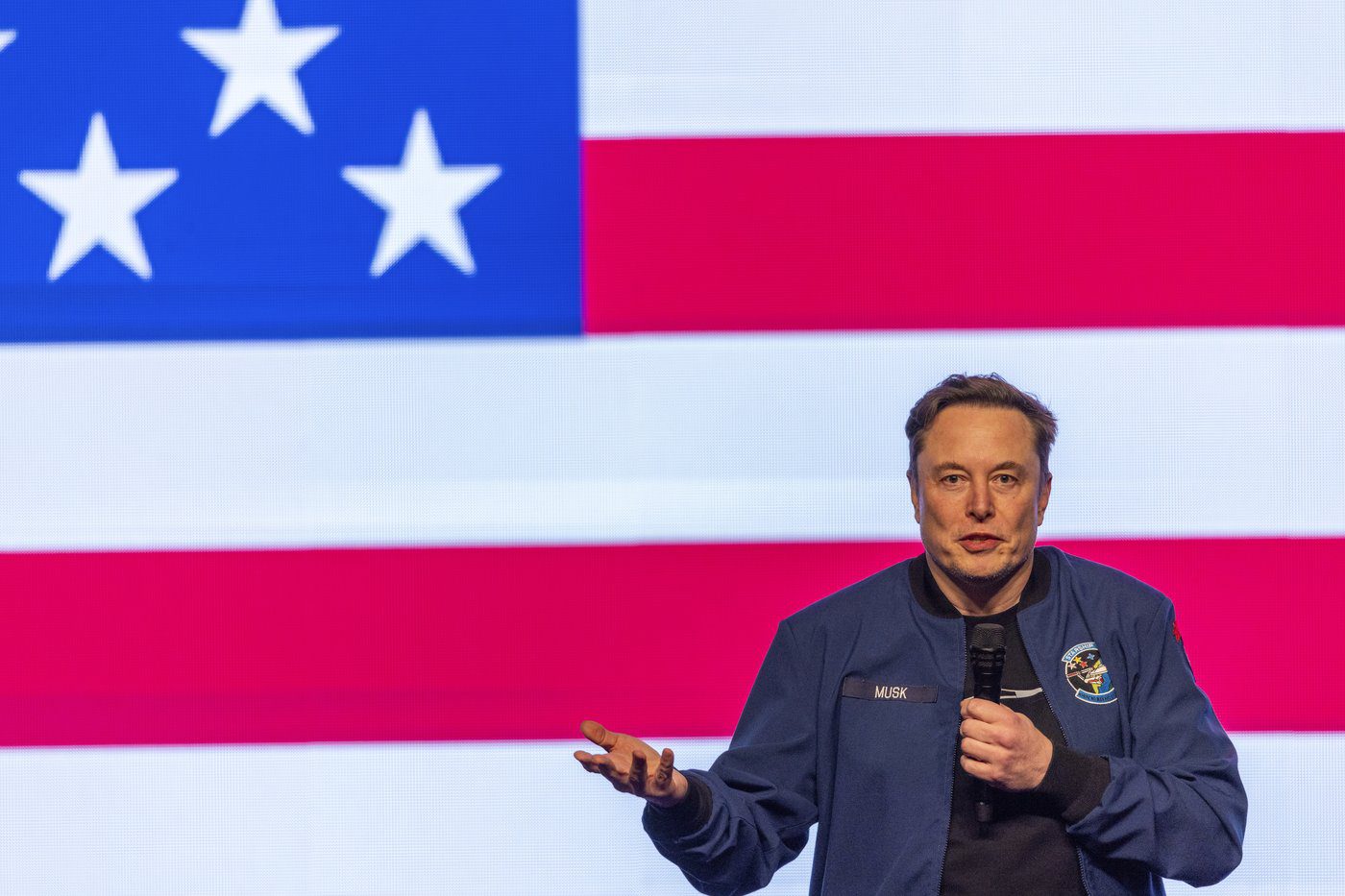The Federal Trade Commission has filed a lawsuit against Live Nation and its subsidiary Ticketmaster, alleging they have participated in illegal practices related to ticket resales. This case has sparked renewed discussion nationwide about fairness, transparency, and competition in the live entertainment sector.
The lawsuit represents one of the most significant challenges yet to the power held by Live Nation and Ticketmaster, two entities that together dominate a large portion of the live events market in the United States. For years, consumers and smaller competitors have voiced frustration over high ticket prices, hidden fees, and limited access to tickets, often blaming the consolidated market structure for restricting choice. Now, with the FTC stepping in, the spotlight is firmly on the business models that have long shaped how Americans purchase access to concerts, sports games, and theatrical performances.
At the heart of the lawsuit are allegations that Live Nation and Ticketmaster facilitated practices that violated antitrust laws by creating barriers for competitors and inflating costs for consumers. Regulators argue that these companies have used their market dominance not only to control primary ticket sales but also to manipulate the secondary market, where tickets are resold, often at dramatically higher prices. By doing so, critics contend, the firms have exploited their position at the expense of both fans and artists.
A growing history of complaints against ticketing giants
Long before the FTC’s action, fans and musicians alike had raised concerns about the influence Live Nation and Ticketmaster wield over the entertainment landscape. The merger of the two companies in 2010 was controversial from the outset, with many warning that the consolidation of promoter and ticketing services under one corporate umbrella would stifle competition. Subsequent years seemed to validate those concerns, as complaints about rising fees and lack of alternatives became more frequent.
Significant events heightened public examination even more. When well-known musicians revealed their tour schedules, tickets would frequently disappear within moments, yet soon be available again on secondary ticketing sites at significantly higher prices. Observers claimed that the main ticket sellers either ignored the situation or gained from it, as both initial and secondary sales contributed to their income. These trends resulted in criticism that the companies favored revenue over equity, establishing a setting where supporters often couldn’t afford to attend their preferred artists’ performances.
Musicians themselves have also expressed their opinions. Numerous prominent artists and figures within the industry have voiced disapproval of the framework that compels them to depend on Ticketmaster for distributing tickets, in spite of its standing with fans. They contended that this arrangement hinders their attempts to ensure live performances are accessible and reasonably priced, damaging the trust between artists and their fans. These persistent issues have set the stage for regulators to analyze whether the existing practices have shifted from a competitive business approach to unlawful monopolistic behavior.
The FTC’s legal arguments and objectives
The FTC’s lawsuit is built on the premise that Live Nation and Ticketmaster’s behavior has limited competition, harmed consumers, and distorted the marketplace for event tickets. Central to the commission’s case is the claim that the companies leveraged their dominant position not just to facilitate primary sales but to profit from inflated resale markets. By allegedly enabling or failing to prevent unlawful resale practices, they are accused of driving up costs in ways that undermine both accessibility and transparency.
The commission’s broader goal is not only to address specific grievances but also to set a precedent for how powerful intermediaries in the digital economy should be regulated. Antitrust law in the United States has historically focused on ensuring that no single company can dominate an industry to the detriment of consumers and competitors. By pursuing action against these firms, the FTC aims to send a message to other industries where consolidation and limited consumer choice are common.
If successful, the lawsuit could result in significant penalties and possibly structural changes to the way Live Nation and Ticketmaster operate. Potential remedies might include stronger oversight of resale platforms, the imposition of stricter transparency requirements for pricing and fees, or even the forced separation of certain business units. For consumers, the outcome could shape the future of how tickets are bought and sold, potentially leading to more competitive pricing and greater accountability.
Consequences for the live performance sector
El caso contra Live Nation y Ticketmaster llega en un momento crucial para el entretenimiento en vivo. Después de la pandemia, la demanda de conciertos, eventos deportivos y culturales aumentó, con muchos fanáticos ansiosos por volver a experimentar en persona. Sin embargo, también creció la desilusión respecto a las prácticas de venta de entradas, impulsada por la percepción de que asistir a eventos se había convertido en un privilegio para quienes podían pagar precios inflados de reventa.
In case the legal action leads to changes, it might alter the industry’s dynamics considerably. Increased openness in pricing models and stricter control of ticket resales could enhance consumer confidence, while allowing smaller firms a fairer opportunity to expand their market presence. Local ticketing services and area-based promoters, frequently eclipsed by the dominance of Live Nation and Ticketmaster, might gain from a more balanced competitive landscape.
At the same time, the companies themselves argue that their scale and integration bring benefits, including streamlined services and investments in event promotion. They contend that high resale prices are driven by demand and limited supply, not by deliberate manipulation. How these arguments hold up in court will be crucial in determining whether the lawsuit leads to lasting change or simply reinforces the current status quo.
For artists, the implications are equally significant. Musicians have long sought ways to maintain control over ticket distribution, experimenting with fan clubs, verified sales, and alternative platforms to counteract scalping. A successful challenge to the existing system could empower performers to adopt fairer models that better reflect their values and strengthen the relationship with their audiences. Conversely, if the lawsuit falters, it may discourage further attempts to confront industry giants, leaving artists with limited tools to influence the marketplace.
A broader reflection on corporate power and consumer rights
The FTC’s action against Live Nation and Ticketmaster is part of a broader trend emphasizing corporate accountability. In industries such as technology and healthcare, regulators are paying closer attention to whether leading companies misuse their influence to the detriment of consumers. The result of this legal case will impact not just ticketing practices but might also influence the government’s general strategy toward antitrust regulation in the future.
For consumers, the case highlights the importance of transparency and fair access in markets that touch everyday life. Whether purchasing tickets for a once-in-a-lifetime concert or attending a local sporting event, people expect a system that prioritizes fairness over exploitation. The public outcry surrounding ticketing practices has already shifted the conversation, and the FTC’s intervention represents a concrete attempt to translate those concerns into action.
As this situation progresses, it is anticipated to capture significant interest from enthusiasts, creators, lawmakers, and rivals as well. All parties have a vested interest in the results, which might either confirm the prevailing system’s supremacy or pave the way for substantial changes. Regardless of the outcome, the attention on Live Nation and Ticketmaster highlights the ongoing conversation about equity when a limited number of firms hold the keys to experiences as important as live events.
Ultimately, the case highlights a larger discussion surrounding the operation of markets in the era of digital services and multinational firms. At its heart, the concern involves more than just the resale of tickets; it’s about the distribution of influence between consumers and the corporations influencing their decisions. The FTC’s confrontation serves as an experiment to determine if this balance can be adjusted towards equity, or if established conglomerates will persist in setting the standards.


:max_bytes(150000):strip_icc()/GettyImages-2231573847-902691488d50480f912cf9739e84b008.jpg)


